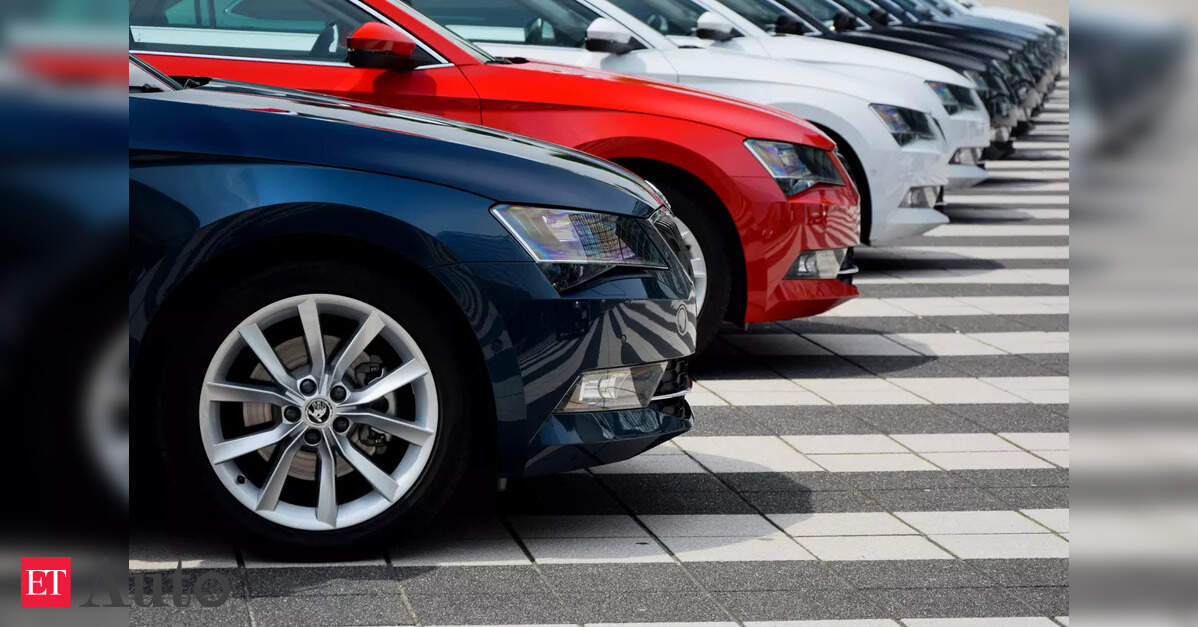 While Tata Motors and M&M have only limited offerings above the ₹20 lakh bracket, investors are concerned that higher levies could slow overall EV adoption.
While Tata Motors and M&M have only limited offerings above the ₹20 lakh bracket, investors are concerned that higher levies could slow overall EV adoption.Shares of automakers Tata Motors and Mahindra & Mahindra came under pressure on Monday after reports emerged that the Group of Ministers (GoM) panel has proposed raising GST on luxury electric vehicles. Tata Motors fell 1 per cent , while M&M lost more than 2 per cent . Hyundai also edged 0.2 per cent lower.
The move comes ahead of the September 3–4 GST Council meeting, which will take a final call on the proposed tax decisions. The panel has suggested raising GST on EVs priced between ₹20 lakh and ₹40 lakh to 18 per cent , up from the current 5 per cent . For EVs above ₹40 lakh, the rate could rise to 28 per cent or even fall under a proposed new 40 per cent slab for certain luxury goods.
Prime Minister Narendra Modi had announced GST reforms in his Independence Day speech, calling for a simpler tax structure. Currently, automobiles are taxed at 28 per cent GST plus a cess of up to 22 per cent , while EVs enjoy a concessional 5 per cent rate to encourage adoption.
The proposed changes could dent demand for high-end EVs from players such as Tesla, Mercedes-Benz, BMW, and BYD. Tesla, which has recently started taking bookings in India with its Model Y priced around $65,000, could be particularly affected.
Impact on domestic players
While Tata Motors and M&M have only limited offerings above the ₹20 lakh bracket, investors are concerned that higher levies could slow overall EV adoption. Tata Motors currently leads the EV passenger car market with nearly 40 per cent share, followed by M&M at 18 per cent . Foreign players dominate the luxury segment, with Mercedes and BMW together holding about 2 per cent of the Indian EV market, while BYD has 3 per cent. Tesla has opened showrooms, but deliveries have been slow to take off.
Auto sales dip ahead of GST rejig
Passenger vehicle sales in August slipped as buyers postponed purchases in anticipation of price changes under the new GST framework. Maruti Suzuki, the country’s largest carmaker, reported an 8 per cent fall in dispatches, while Hyundai, Tata, and M&M also saw weaker numbers. With the Council meeting just days away, investors are keenly awaiting whether EVs will continue to enjoy policy support or face a sharp reversal in tax benefits.
(Disclaimer: Recommendations, suggestions, views, and opinions given by the experts are their own. These do not represent the views of The Economic Times)




